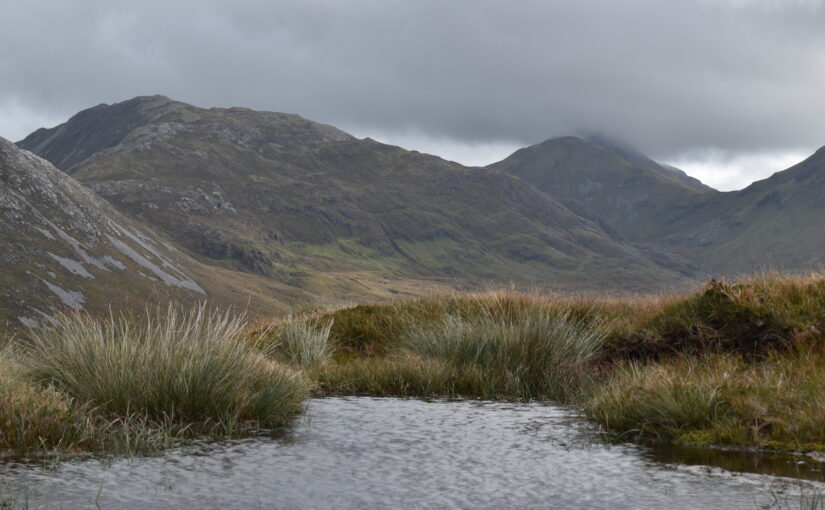Field of study in Wageningen: Molecular Lifesciences
Study period exchange: 01/09/2022 – 14/12/2022
Country (exchange): Ireland
City (exchange): Galway
University (exchange): National University of Ireland
Faculty (exchange): Science and Engineering
2. Motivation for exchange
Why did you choose to go on study exchange?
I wanted to broaden my view on how science is done by seeing it firsthand in another place. Going to another university creates the opportunity to follow courses you wouldn’t or couldn’t take at your home university, effectively pushing you to learn new things. From a personal standpoint going abroad is also an incredible learning opportunity. You face a different set of challenges, such as adapting to a new country, a new university, lack of familiarity, and so on. Combined with the academical benefits, that is why I decided to go on exchange.
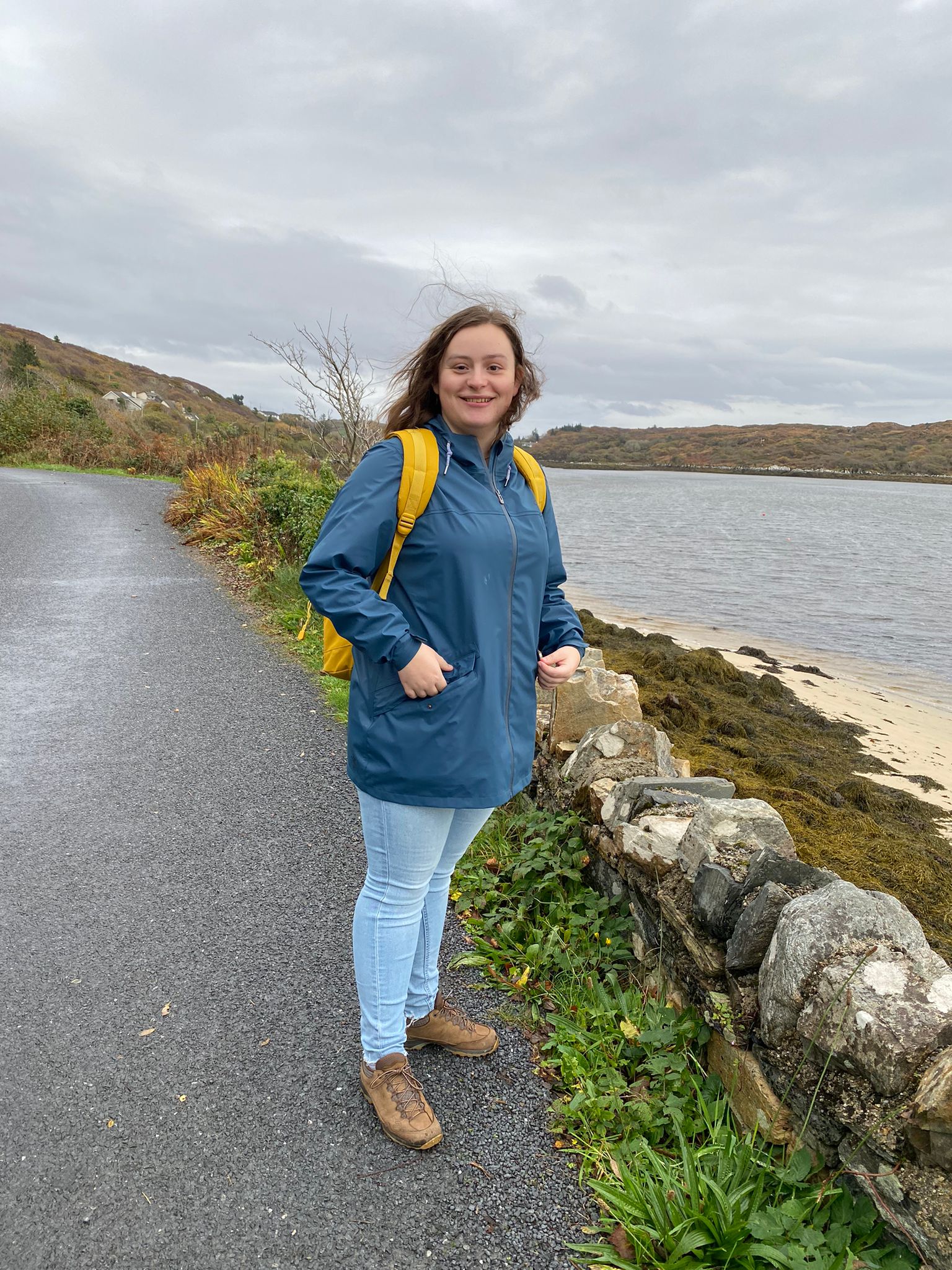
What is the reason you chose for this country/university?
I have always wanted to go to Ireland, and I preferred to go to an English speaking country to make it easier to adapt, especially in such a short time span of 1 semester. I chose NUI specifically because the courses there spoke to me the most, as well as the city. Galway is not very big, which suits me better. The university also offers a variety of study programmes, so you are bound to run into people that study something completely different (i.e. English literature or healthcare).
3. Accessibility to reach destination
Do you have any tips to reach your exchange destination?
It’s the easiest to fly to Dublin airport and take a bus to Galway (you can book those in advance with CityLink). In Galway itself, you can get around by bus. There is a type of ‘OV-chipkaart’ called a Leap Card, which you can apply for online. There is one for students (it’s called Young Adult if you are under 24) which gives you a reduced fare. If you don’t have one, you need to pay cash in the city buses (it’s usually around 1,90) so you need small change (1 and 2 euro coins and smaller ones).
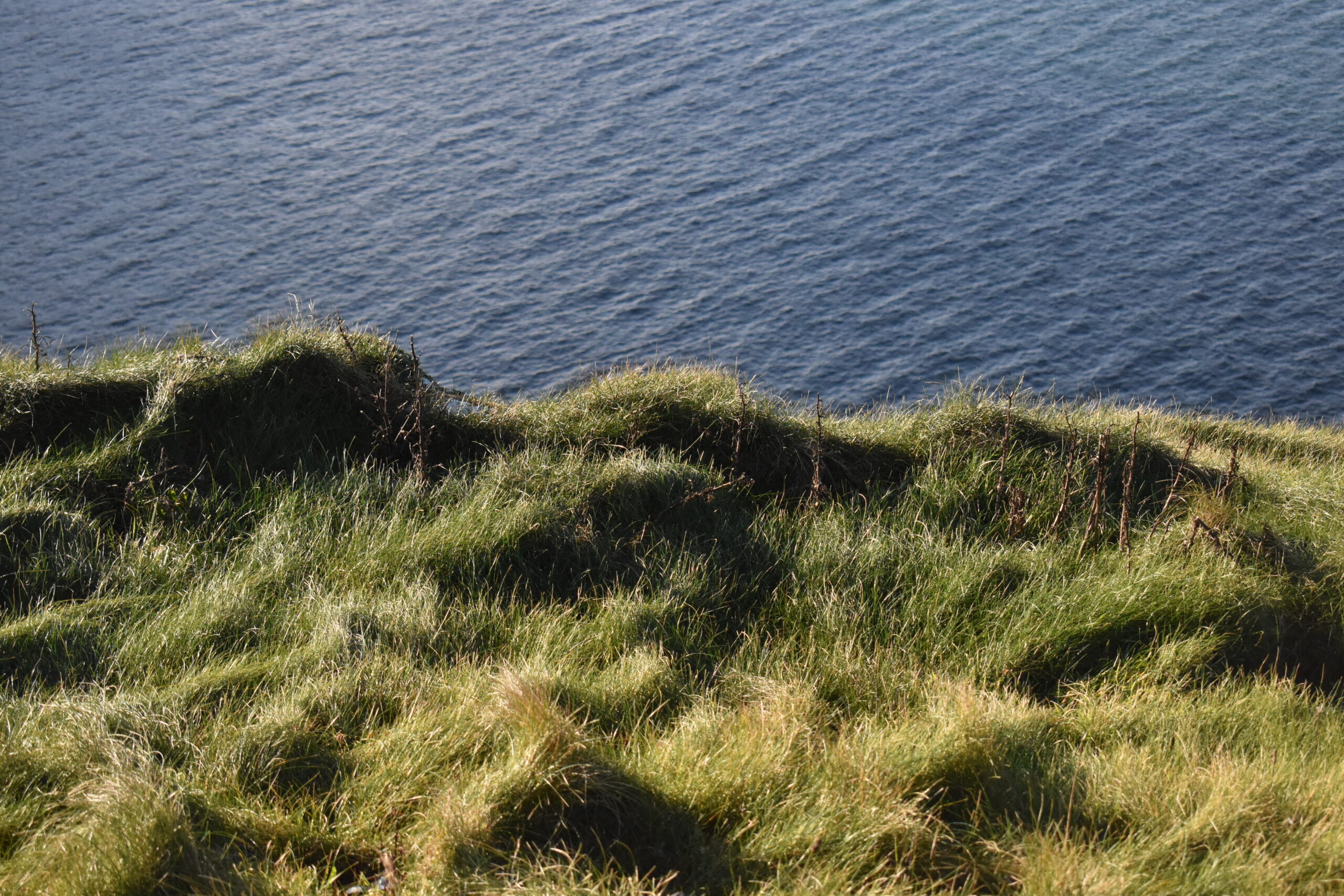
4. University and studying
Could you provide some general information about the followed courses? 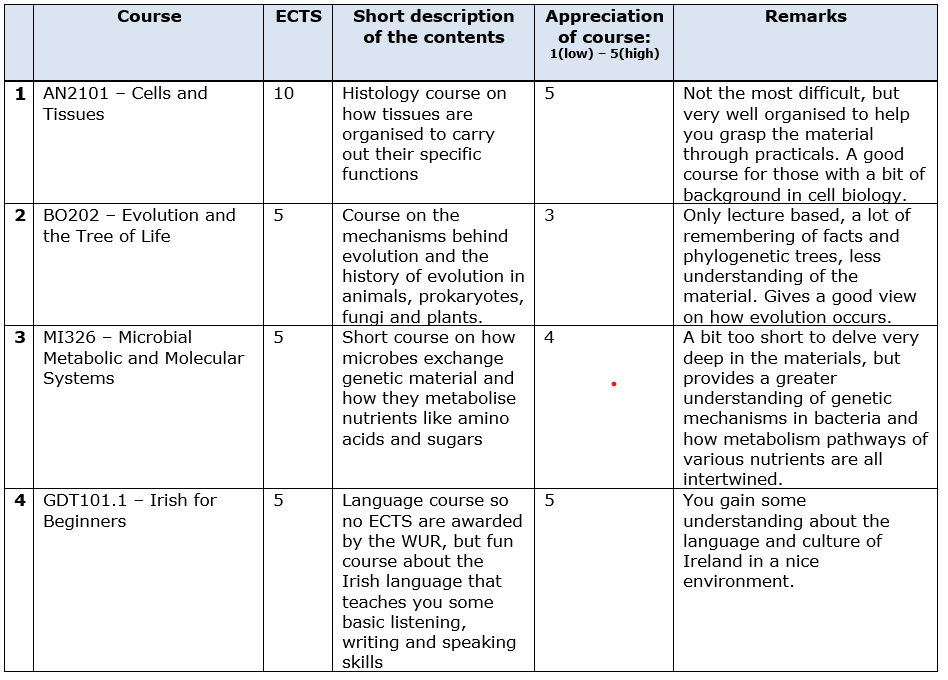
How is the study formalized?
A lot more continuous assessment than I’m used to at the WUR, including assignments, multiple choice quizzes and essays that account for a large percentage of the final grade. Learning materials are organised on Blackboard which is similar to Brightspace. The courses I followed were mainly lecture-based, with some including ‘wet’ practicals and computer practicals. The workload is not (nearly) as heavy as my own programme (BML) and the academic level is generally a bit lower. Only 40% is required to pass a course. Examinations are similar, but make more use of essay style questions. There are less questions that are worth more points.
What is the culture of the university?
Similar to the WUR, the lecturers are usually very approachable and questions can be asked in class or via email. They are also accommodating of international students and are happy to explain procedures. Engagement with the local students however was not very present. That is also because my courses were mainly lectures, and there was no group work. Interactions were always very pleasant, there were just not many. In general, the university offers a lot of services and is always open to input from students or questions from students.
What does the university offer the student additionally?
The university offers basically everything you could want. Most of the sport facilities and associations are free to join. Social clubs and societies are also free, and there are many of them, including a dance association, an orchestra, a baking club, a reading club, and so on. There is a large sports centre on campus, as well as a student building where various activities are held. The students’ union is also there to help, they have a shop and offer second hand books. There are disability services, health check-ups, campaigns for consent awareness, and more. There is also a food hall where you can get a proper meal for not that much money. There is also a café run by the student union.
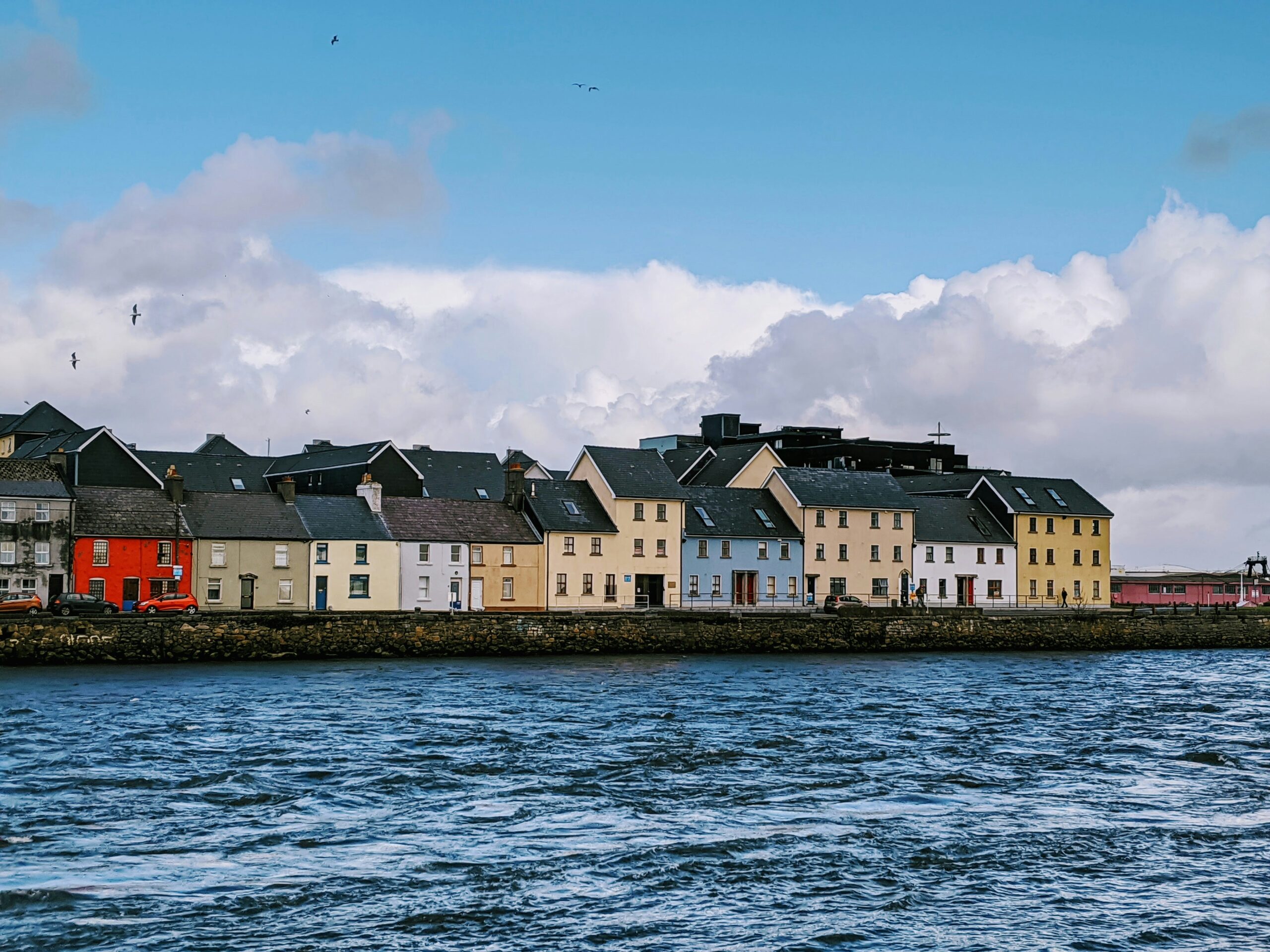
5. Housing-travelling-living
What are the possibilities for housing?
Finding housing is very, very difficult in Galway. You can sign up for a room on campus, but you have to be ready to go as soon as the email comes in. If you wait ten minutes, there are no more rooms left. It is not pre-arranged for Erasmus students. There are non-campus alternatives, but you need to sign up months in advance which is not usually possible for exchange students. Short-term (1 semester) is harder as well, as many landlords require a full year lease. There is a Facebook group which can be helpful, but the best tactic is to go to the universities’ accommodations office as soon as you get to Galway (or go to Galway earlier to find accommodation, which is what I did), they can usually help you. HostingPower is another platform that caters to international students, housing them with usually families with spare rooms. That is what I used, and I was very happy with my housing. It does have a high fee, but you only need to pay it if you find a place and it is overall a good platform. In general, rent is more expensive than in Holland.
What is the culture of the country like?
Relatively similar. The Irish are generally very nice people and like to chat (and drink). There are pubs everywhere where you can get decent food for a low price, but the best part is the live traditional music. Compared to Wageningen there are less vegetarian and vegan options, but there are definitely options.
Could you give a general price indication of the place of residence compared to living in Wageningen?
In Wageningen the rent range is around 300-500 per month, in Galway it is closer to 500-700 per month.
Could you give some information about public transport infrastructure?
There are many taxi’s you can take (using FreeNow), not sure about the prices. You can get around by bike for sure, but you need to take into account that there are not that many bike lanes so you need to be more careful. There are bus services in Galway too. You can get a Leap Card for students/young adults (10 euros) that gives you reduced fares. You can charge it using an app. Then it is around 65 cents per journey instead of 1,90, but that depends on the service you take. If you don’t have a card, you have to pay full price in cash so you need coins. Depending on where you live, you can walk to the university, but in my opinion a bike is the easiest as the buses definitely do not always go on time or go at all. Traffic in Galway is quite bad during rush hour, so a bike is the best (just be careful). For longer distances, buses are very useful as well.
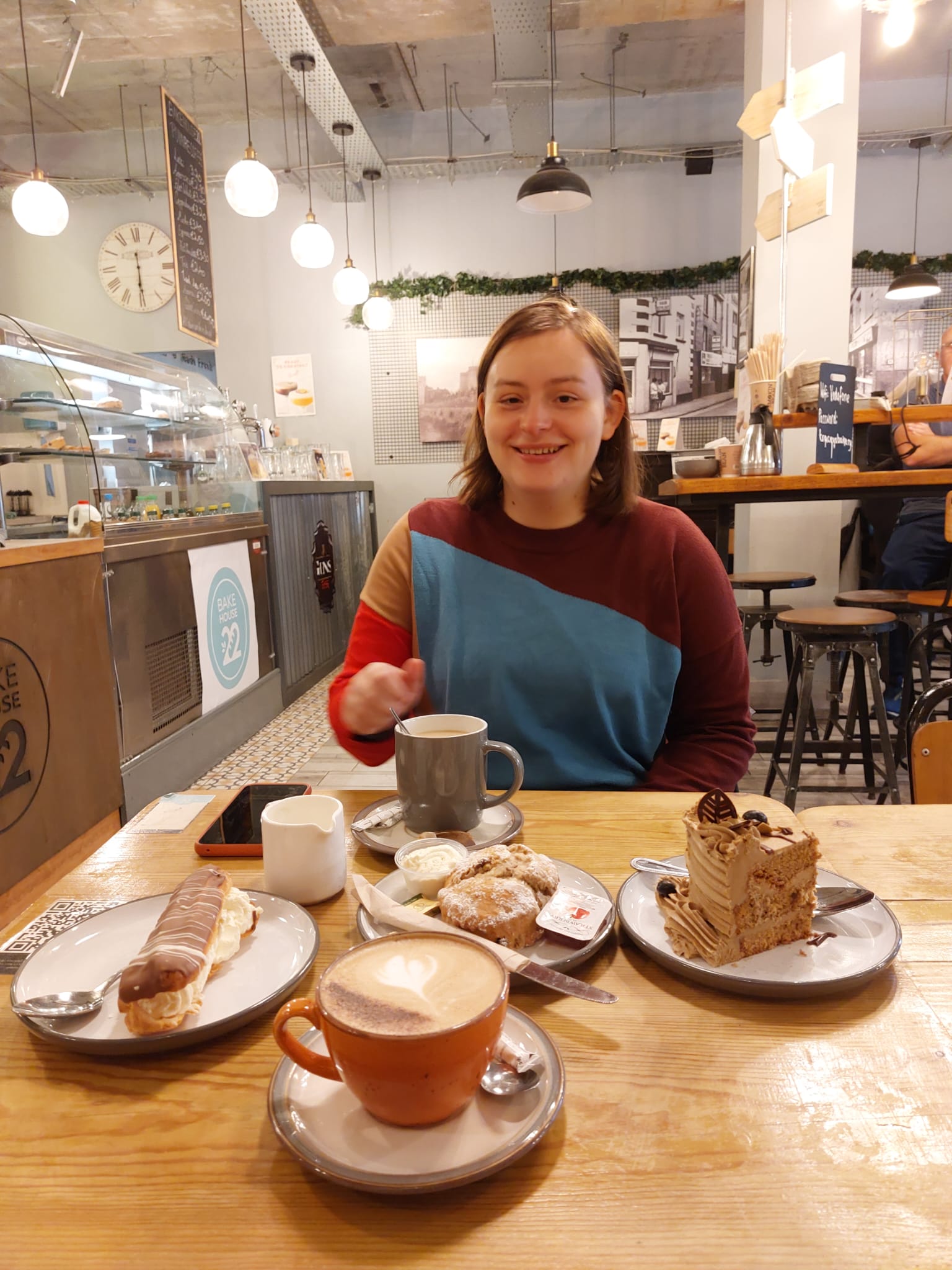
6. Free time
What are must-sees in the area?
For nature lovers, the Cliffs of Moher is a must, Diamond Hill is a good hiking spot, in summer there are many boat tours you can take on Lake Corrib, as well as a boat service to the Aran Islands. Howth is a peninsula near Dublin with a beautiful cliffside trail as well. Connemara National Park is my personal favourite. Other nice places are Clifden, Limerick and Dublin if you enjoy towns/cities. Public transport in Ireland is not great, but there are direct buses to Limerick, Cork and Dublin. There are trains as well, but they are generally not faster than buses. You do pass smaller towns that are worth exploring. I recommend the website visitgalway.ie to orient yourself. If you want to get the best experience, a drivers license is very useful for driving along the coast line and getting to the most beautiful nature views. Larger cities are more easily accessible by public transport as well as the more touristy spots like Kylemore Abbey.
What does not appear in the travel guide, but is worth a visit?
They are probably in travel guides, but I definitely recommend keeping an eye on the various boat tours you can take in spring and summer. That is a great way to explore the many lakes of Ireland and especially lake Corrib which is above Galway.
Do you have general tips and tricks about leisure time?
If you eat fish, there are many great seafood restaurants in Ireland and in Galway (Hooked for example). For Italian food, Osteria da Simone is nice. The town hall theatre in Galway always has many shows on, including comedy, music, plays, et cetera. There are many pubs with traditional music, one of them is Carroll’s on Dominick Street. For musicians, you can join in too (if you know the music).
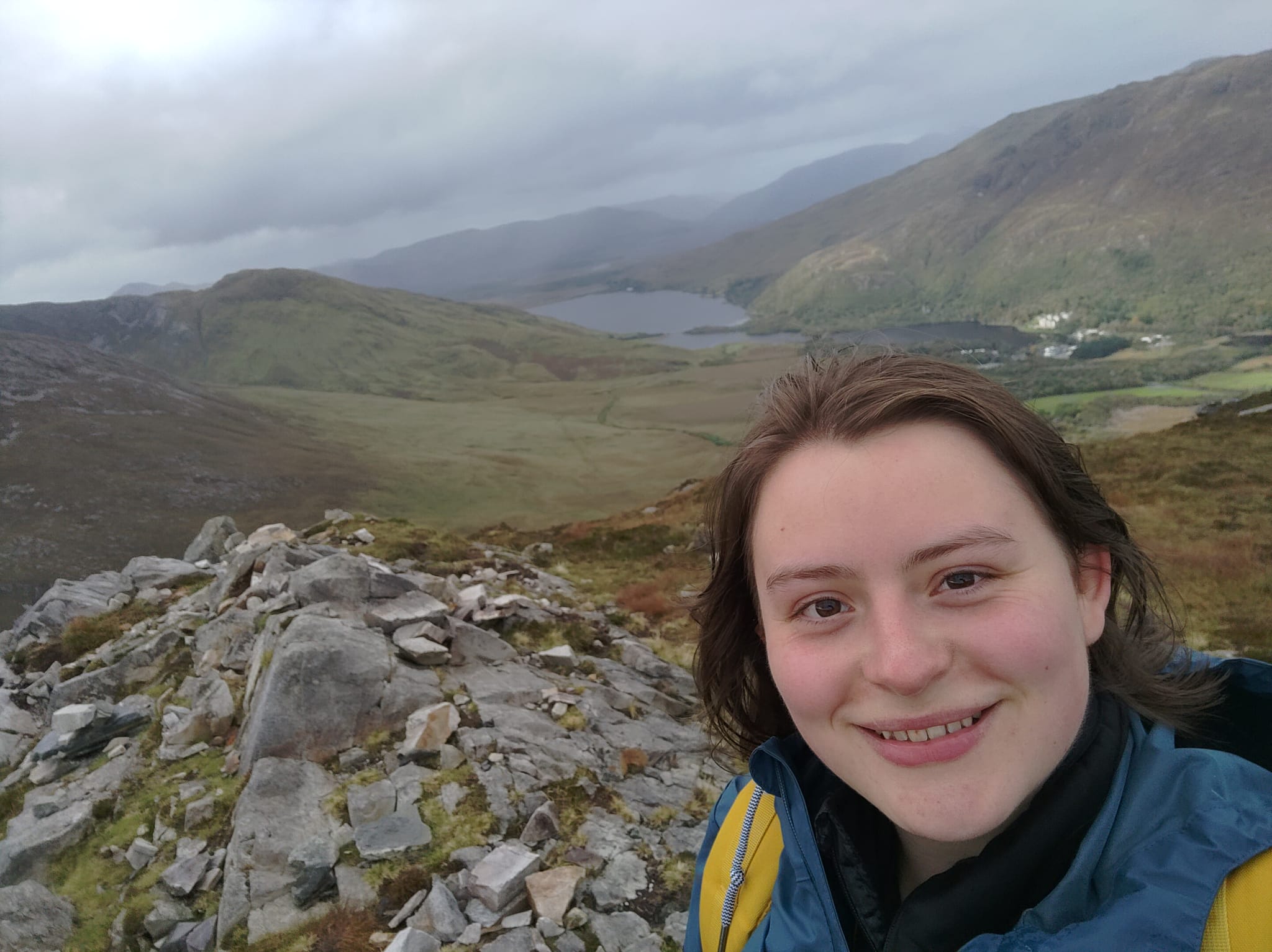
7. Challenges & best moment abroad
What was a challenge you have experienced?
Mostly on a social level, it was difficult for me to find my place. You really need to put yourself out there and join clubs and associations and activities to get the most out of your experience.
What was your best memory abroad?
The trip to Diamond hill. The bus trip was lovely as the sun was shining (which is not very common in Ireland), and there was a sense of accomplishment when I reached the summit. Connemara is the most stunning part of Ireland in my opinion. There is also a visitors centre where you can get a nice hot meal. It was awesome.
8. Contact Details
Would you like to ask Toos more questions about her exchange?
Send her a mail: toos.muller@wur.nl

